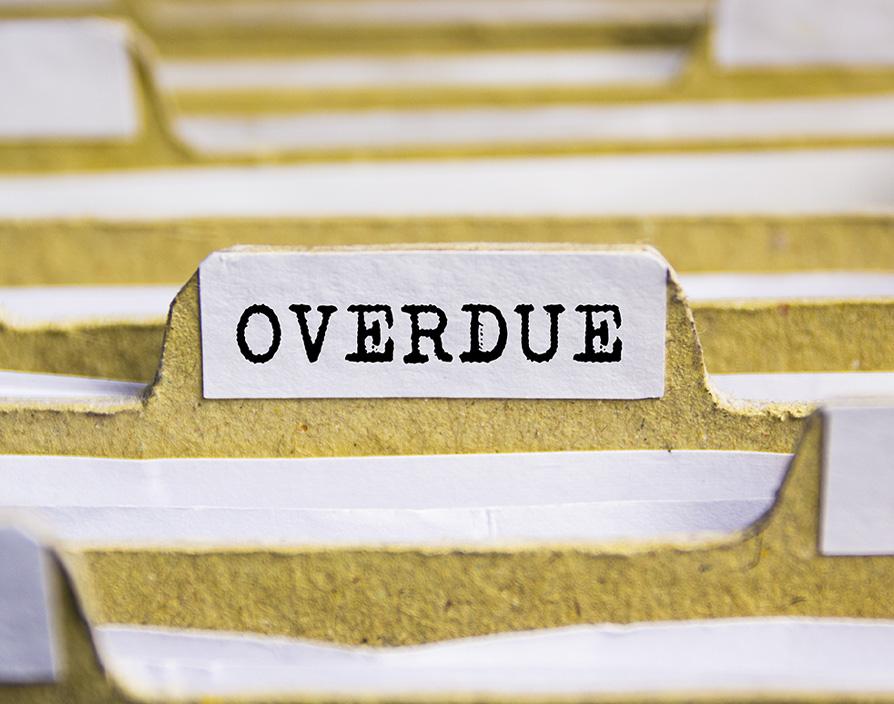The financial strain, cash flow disruptions, and potential growth hurdles they create necessitate a well-planned approach to recovery.
Simon Gray, ICAEW’s Head of Business recently noted: “Late payments remain a challenge for small businesses, which rely on prompt payment to manage cash flow and working capital requirements.”
And the impact is larger than you think: according to a survey by accountancy software Sage back in 2021, SMEs in the UK spent an average of 15 days a year chasing late payments, with an estimated cost of £6.7 billion in staff time.
According to Xero “77% of SME owners in the UK experienced stress and anxiety due to late payments.”
The pain and impact is real. So, what are some of the Do’s and Don’ts of Unpaid Invoice Recovery:
Do: Establish crystal-clear payment terms
It’s important that you start right from the start: Begin by crafting explicit payment terms and conditions communicated upfront to your clients. Clearly set out payment expectations, due dates, and any late payment penalties. This proactive approach ensures that clients comprehend their obligations, minimising confusion, and misunderstandings. Consider specifying interest and compensation clauses to incentivise timely payments.
Do: Keep it professional
While dealing with unpaid invoices can be frustrating, keep it professional. Refrain from resorting to aggressive tactics, as threats or harassment can tarnish your reputation and jeopardise future business opportunities. Maintain a polite and respectful tone throughout the recovery process.
Do: Practise timely invoicing
Swiftly dispatching invoices upon completing the work or delivering products is key… delayed invoicing can imply a lack of urgency regarding payment, potentially deterring clients from settling their dues promptly. Make sending invoices immediately a steadfast practice to encourage timely remittance.
Don’t: Procrastination in your follow -ups
Clearlytime is of the essence in unpaid invoice recovery. Delayed follow-ups might convey a lack of urgency on your part in collecting payments. Stay diligent in your follow-up efforts and consistently remind clients of their outstanding balances.
Do: Where possible offer flexibility
When clients face financial difficulties (and businesses are seeing more and more of this now) explore alternative payment arrangements. Propose flexible payment plans or partial payments to help them meet their obligations, demonstrating your willingness to collaborate. This approach often leads to successful invoice recovery while preserving positive client relationships.
Successful unpaid invoice recovery hinges on a systematic and professional approach and by doing it in the right way you can significantly enhance your prospects of successful invoice recovery while safeguarding positive client relationships.
Communication, prompt action, and a cooperative mindset are the cornerstones of overcoming the challenges associated with unpaid invoices and the impact they have on your business.
Share via:









































